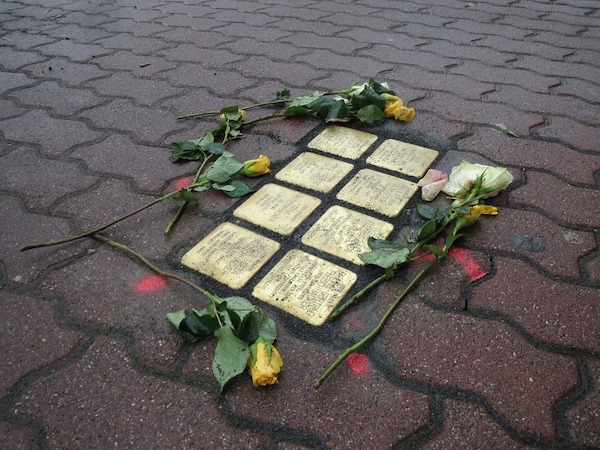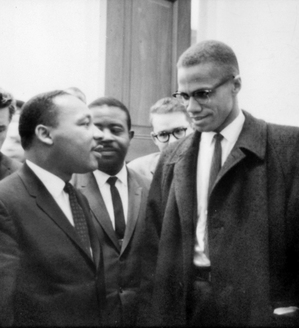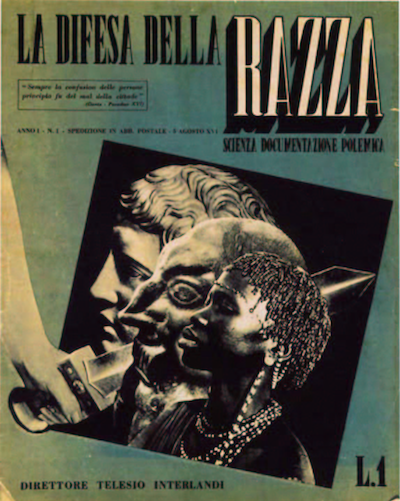When on July 20, 1969 Neil Armstrong stepped for the first time in history on the surface of the Moon, he said these famous words: “That's one small step for man, one giant leap for mankind”.
Apparently there was also a small “a” in his sentence, “That's one small step for a man, one giant leap for mankind”. The meaning and story of this little difference can be found online.1
2019 is an interesting year for celebrating anniversaries.
Not only for the first landing on the Moon.
It is also the 500th anniversary since the death of Leonardo da Vinci in Amboise, France.
And, of course, the 150th anniversary of the publication of the Periodic Table by Dmitry Mendeleev.
The genius of Mendeleev gave us one of the most outstanding systems to understand and classify the elements, a demonstration of the human mind’s capability to investigate the deepest nature of matter and predict its behavior.
It is a spectacular example of how we catch and reorder and give priority to different data.
In Leonardo da Vinci, as in several other extraordinary men and women, the intrinsic inner beauty of Nature is caught and understood by the human mind. Art, science and engineering combine in a unique and mysterious game.
The “small step” of Armstrong on the Moon reflects the boundless epic attitude of Ulysses, the everlasting spirit of every man and woman to overcome limits and open up new horizons. Actually it is more than just an attitude, it is a need for our species.
Thanks Dmitry, Leonardo and Neil. You do represent some of the giant jumps that all mankind has made since the beginning of time.
Actually the best steps we can do on this planet. And in the entire universe.
July 16, 2019
1: https://www.space.com/17307-neil-armstrong-one-small-step-quote.html

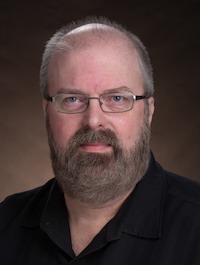
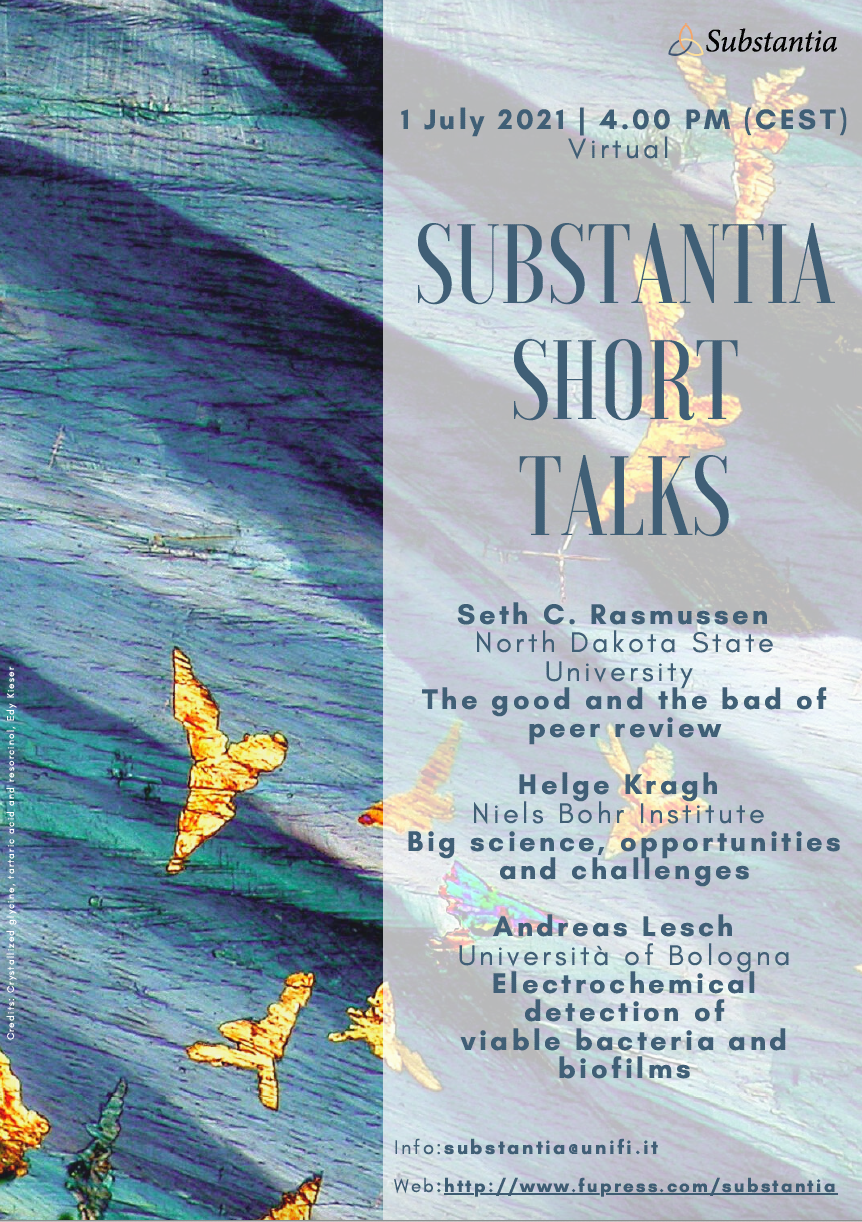
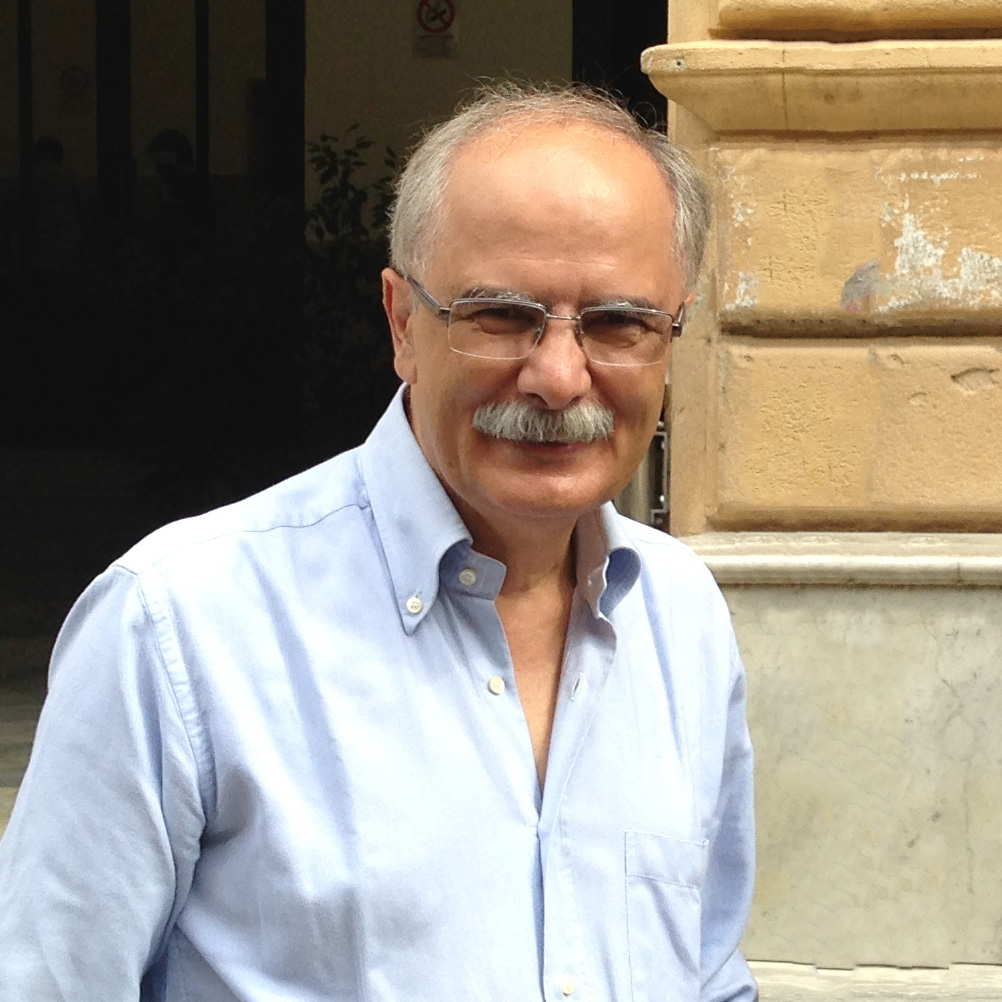
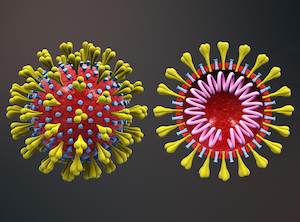
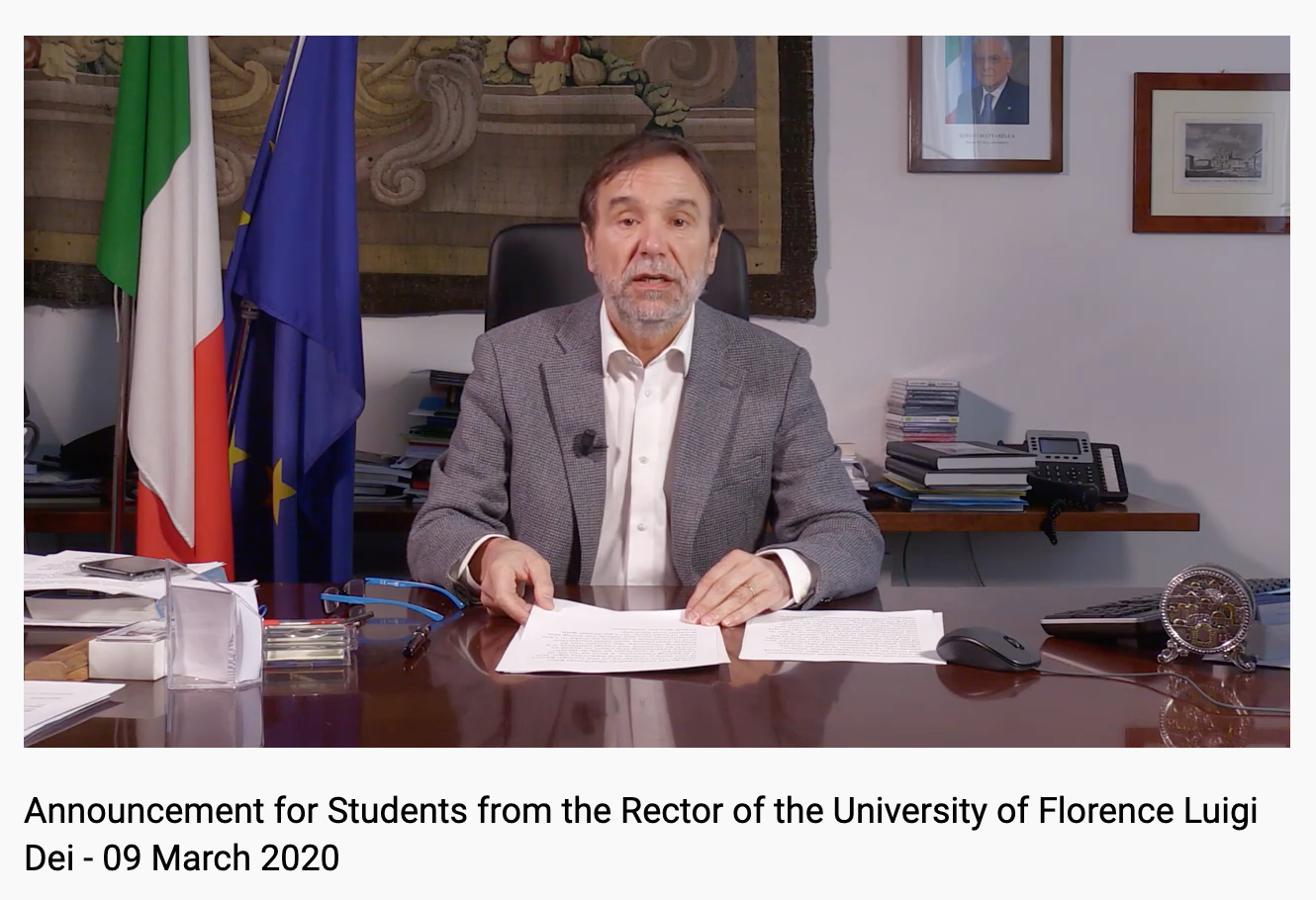
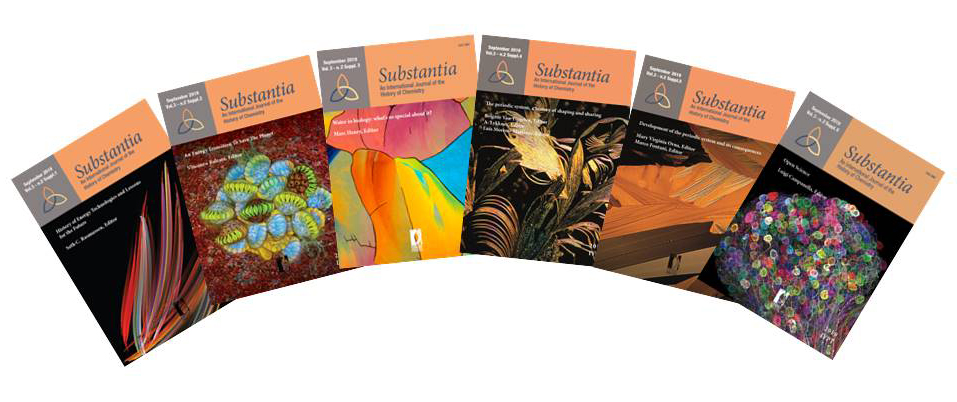
.png)
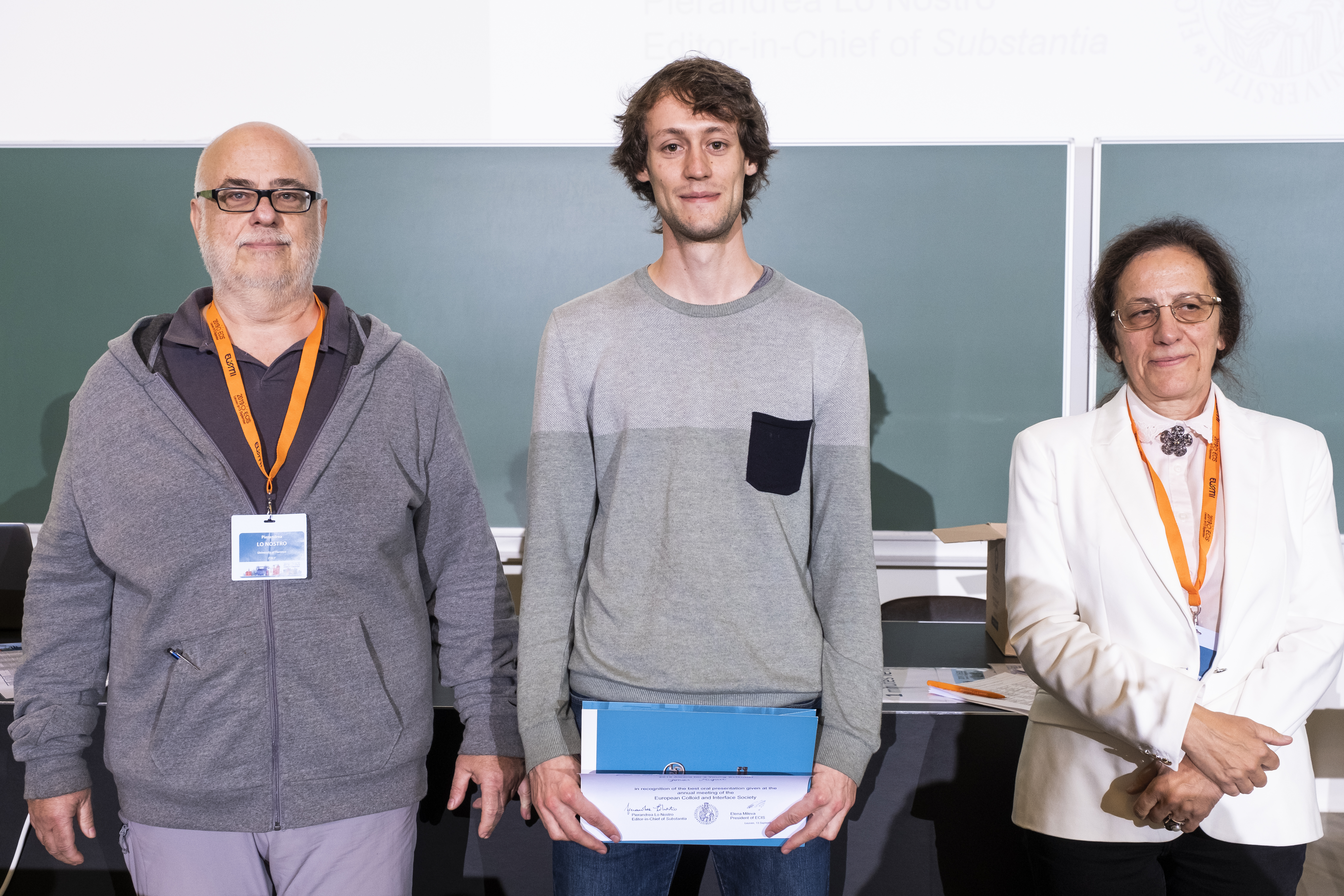
4.jpg)
